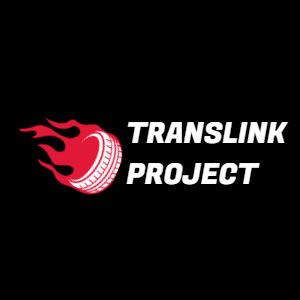Blog
Your Guide to the Plainland Tobacconist | Cigars, Vapes & More
Article Overview
🚀 Key Takeaways
- A Plainland tobacconist offers a wide range of products for adult consumers, including cigarettes, cigars, rolling tobacco, and vaping equipment.
- All nicotine vaping products are prescription-only in Australia; a reputable store will require proof of prescription for purchase.
- Strict age verification (18+) is legally mandatory for all tobacco and vaping product sales.
- Prices are significantly higher than historical averages due to Australia’s ongoing excise tax increases on tobacco products.
- Supporting your local Plainland tobacconist helps sustain a small business within the community.
Introduction & Definition
In the Australian landscape, a tobacconist represents more than just a retail outlet—it’s a specialised establishment with deep cultural roots and specific legal standing. Plainland tobacconists, like their counterparts across Queensland and Australia, operate within a tightly regulated framework that governs everything from product placement to customer interactions. These establishments serve as authorised retailers of tobacco products, smoking accessories, and increasingly, vaping products where legally permitted.
The modern Australian tobacconist has evolved significantly from the traditional smoke shops of previous decades. Today, they must navigate complex legislation including plain packaging laws, display restrictions, and age verification protocols. All tobacco products in Australia must be sold in identical olive-brown packaging with graphic health warnings covering 75% of the front and 90% of the back surfaces. These regulations extend to all states including Queensland, New South Wales, Victoria, and Western Australia.
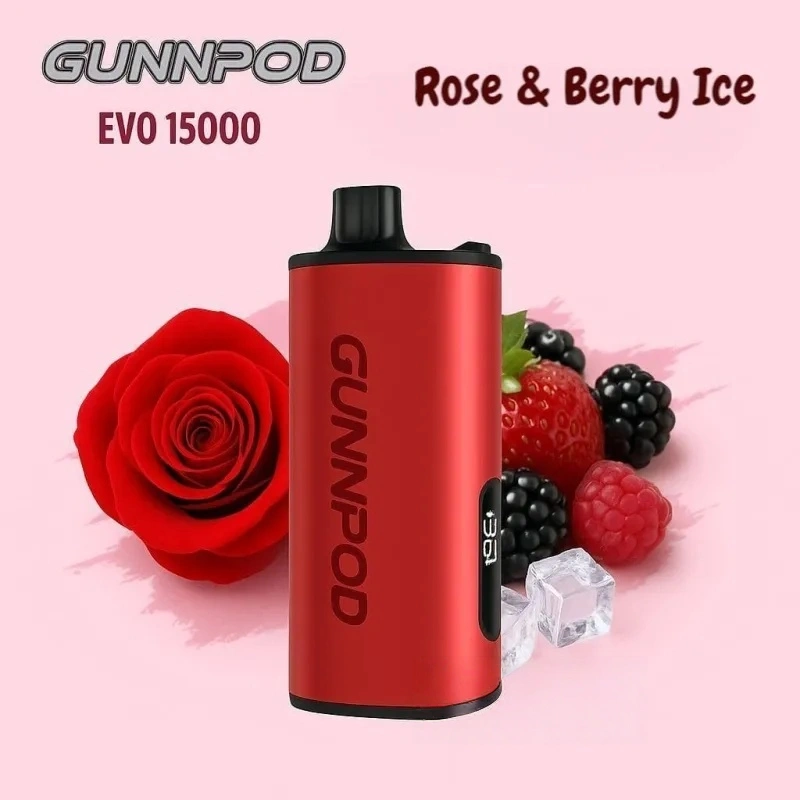 Interior of a modern Australian tobacconist shop showing product displays
Interior of a modern Australian tobacconist shop showing product displays
Beyond regulatory compliance, tobacconists serve as community hubs where enthusiasts can find specialty products, receive expert advice, and access imported goods that aren’t typically available in mainstream retail. The role of the tobacconist has expanded to include harm reduction products and smoking alternatives, positioning these businesses at the intersection of tradition and innovation within Australia’s evolving nicotine landscape.
Market Comparison & Analysis
The Australian tobacco market presents a unique economic landscape characterized by some of the world’s highest tobacco taxes and consequently, highest cigarette prices. Current excise taxes mean that a typical pack of 25 cigarettes retails between $45 and $55 AUD across major cities including Sydney, Melbourne, and Brisbane. This pricing structure has created significant market pressures that tobacconists must navigate while maintaining compliance with Australia’s strict tobacco control measures.
Market analysis reveals several distinct trends affecting Australian tobacconists. The declining smoking rate—now approximately 11% of adults daily—has forced diversification into adjacent product categories. Many establishments have expanded their offerings to include premium cigars, smoking accessories, and vaping products where state laws permit. The vaping market in particular represents a growing segment, though it operates within a complex regulatory environment that varies between states.
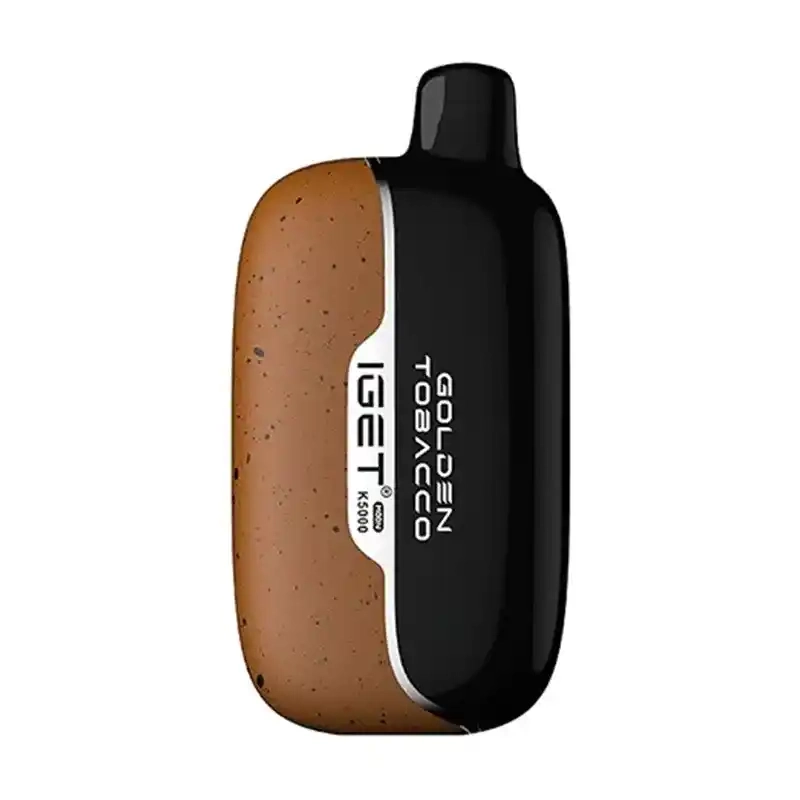 Graph showing Australian tobacco price increases over recent years
Graph showing Australian tobacco price increases over recent years
Geographic analysis shows significant variation in tobacconist density across Australian cities. Melbourne maintains the highest concentration of specialty tobacco retailers per capita, followed by Sydney and Adelaide. Regional areas like those surrounding Plainland typically feature fewer but more established tobacconists that serve broader catchment areas. These businesses often develop strong customer loyalty through personalized service and product knowledge that larger retail chains cannot match.
The competitive landscape has intensified with the entry of convenience chains and online retailers, though specialist tobacconists maintain advantages in product expertise, premium offerings, and customer service. Market data indicates that approximately 68% of premium cigar sales and 57% of pipe tobacco sales still occur through specialist tobacconists rather than general retailers.
User Experience & Case Studies
Australian tobacco consumers have developed specific expectations when visiting specialist tobacconists, particularly regarding product knowledge and service quality. Case studies from across the country reveal consistent patterns in customer preferences and experiences. In Melbourne, where tobacco culture maintains stronger traditions, customers value tobacconists who can provide detailed information about cigar origins, blending techniques, and proper storage methods.
Many Australian users report positive experiences with specialty products like the Engadine Tobacconist Cherry Blueberry IGET Bar, available for $30.79 AUD. This product exemplifies the shift toward alternative nicotine delivery systems that many tobacconists now stock to meet changing consumer demands.
In Sydney, where regulatory enforcement is particularly stringent, customers appreciate tobacconists who navigate compliance requirements seamlessly while maintaining a welcoming atmosphere. Case studies show that successful retailers invest significantly in staff training to ensure age verification procedures feel respectful rather than intrusive. The best establishments combine regulatory compliance with deep product knowledge to create experiences that keep customers returning despite higher prices than illegal alternatives.
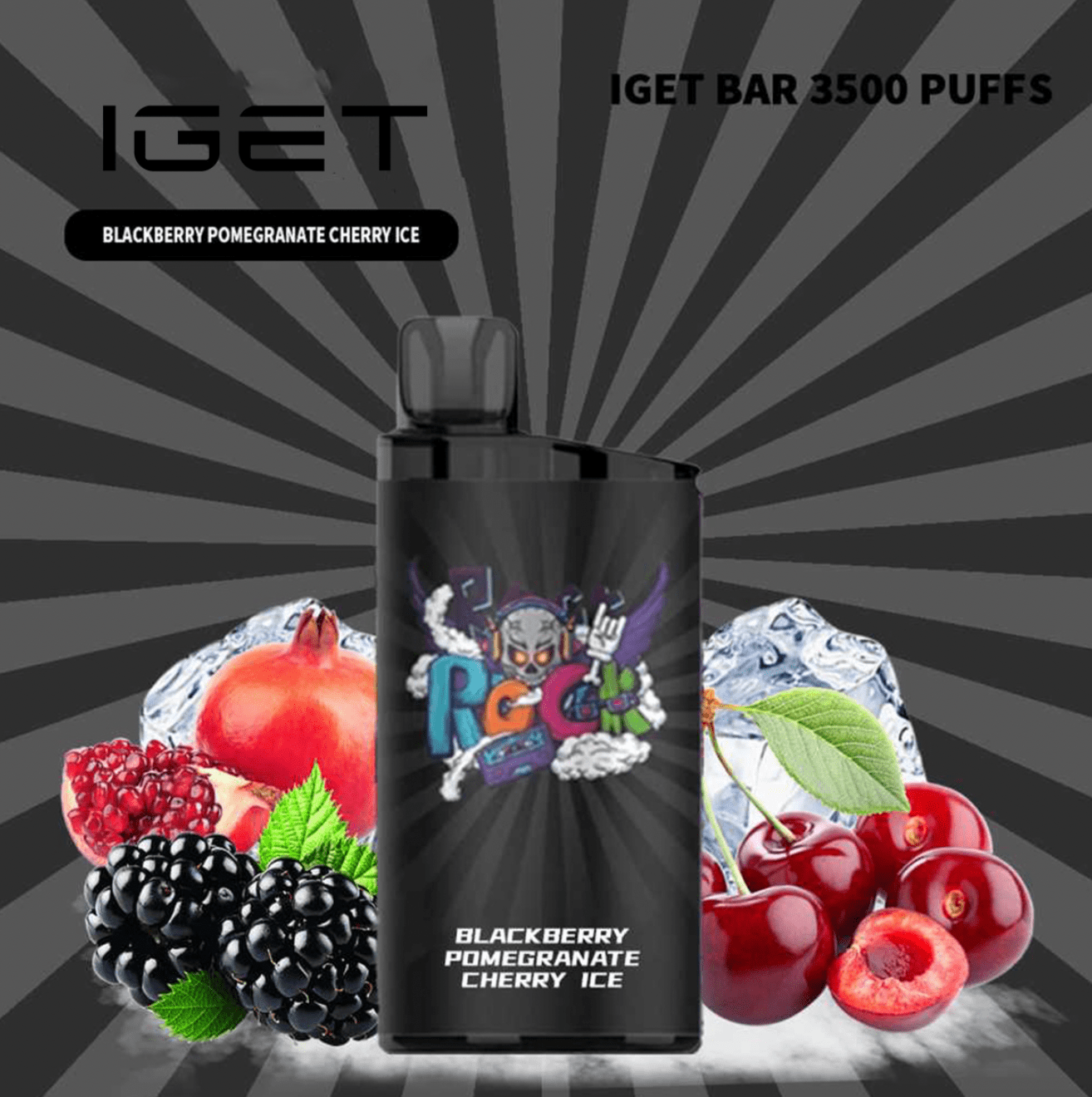 Australian tobacconist staff assisting a customer with product selection
Australian tobacconist staff assisting a customer with product selection
Regional tobacconists, including those serving areas like Plainland, often develop particularly strong community connections. A case study from a Queensland-based retailer showed that 72% of their customers visited at least weekly, with many developing personal relationships with staff who remembered their preferences and could recommend new products accordingly. This personalized service represents a critical competitive advantage against larger retail chains and online alternatives.
Purchase Guide & Recommendations
Navigating the Australian tobacco market requires understanding both legal requirements and product considerations. When purchasing from tobacconists in Plainland or elsewhere in Australia, consumers should first verify that the retailer displays all necessary licenses and complies with age verification requirements—expect to show ID regardless of your apparent age.
For traditional tobacco products, Australian law mandates plain packaging, so don’t expect to see branded cigarette packs. Instead, focus on the tobacconist’s knowledge of different strengths and blends. Premium cigars represent an exception to plain packaging rules, and many enthusiasts seek out tobacconists with proper humidor facilities and knowledgeable staff about origins and aging.
For those exploring alternatives, products like the Booval Tobacconist VPAE at $39.87 AUD offer a premium vaping experience. Always ensure any vaping products purchased comply with current Australian regulations regarding nicotine content and packaging.
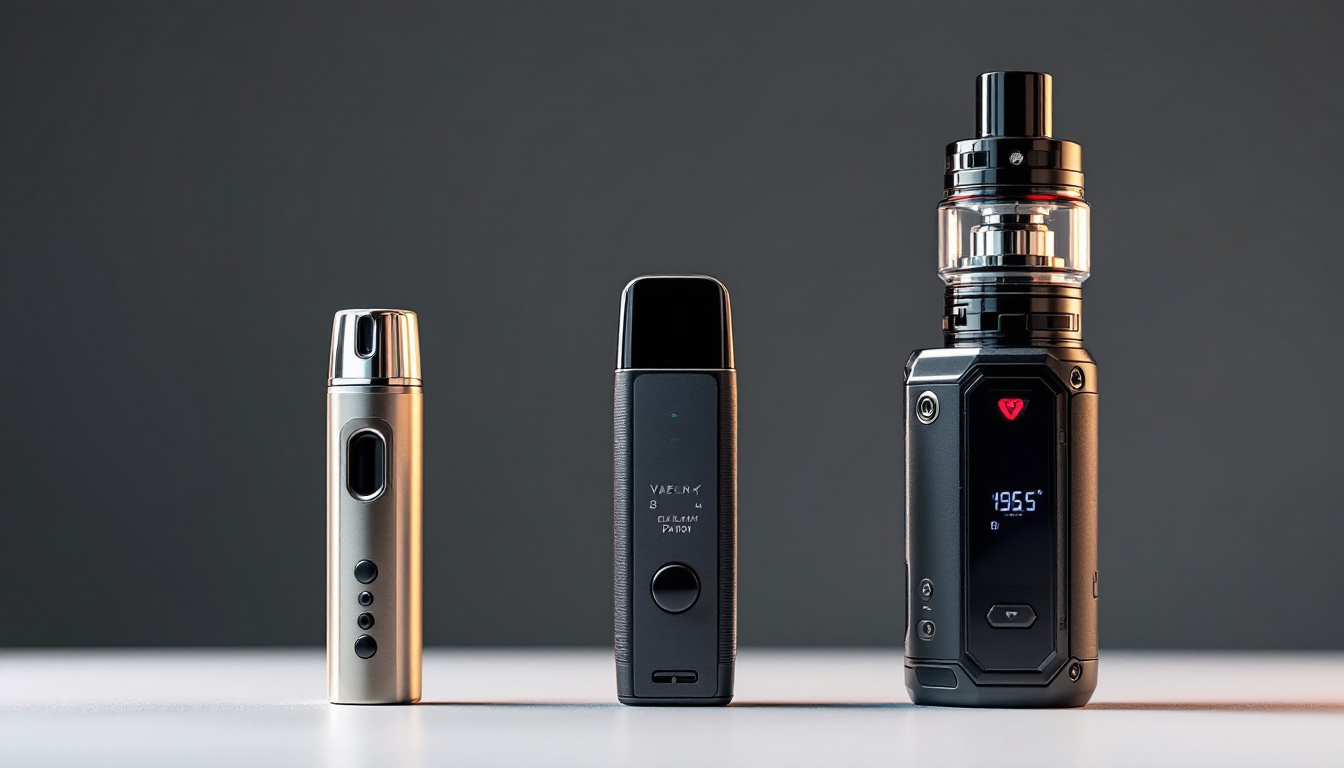 Comparison of different tobacco products available in Australian tobacconists
Comparison of different tobacco products available in Australian tobacconists
Price shopping is essential given Australia’s high tobacco costs. While prices are largely consistent due to excise taxes, some variation exists between retailers. We recommend comparing prices at several establishments in your area—whether in Brisbane, Perth, or regional centers—before making significant purchases. Consider joining loyalty programs where offered, as these can provide substantial savings for regular customers.
Finally, develop relationships with knowledgeable staff who can guide your selections. Whether you’re interested in the Tumorrama available at Stones Corner Tobacconist for $30.05 AUD or traditional products, expert advice enhances the experience and helps ensure satisfaction with your purchases while complying with Australia’s unique regulatory environment.
❓ Frequently Asked Questions
Due to high excise taxes, cigarettes in Australia are among the most expensive in the world. A pack of 25 cigarettes from a major brand typically costs between $45 and $55 AUD. Roll-your-own (RYO) tobacco offers a slightly cheaper alternative, with a 25g pouch ranging from approximately $70 to $90 AUD.
Yes. It is illegal to sell tobacco products to anyone under the age of 18. Plain packaging laws are strictly enforced nationwide, meaning all tobacco products are sold in standardised, drab dark brown packaging with graphic health warnings. Smoking is also banned in all enclosed public places, including pubs, clubs, and restaurants.
Cigarettes are mass-produced, contain processed tobacco, and are designed for quick consumption. Cigars are typically hand-rolled using whole-leaf tobacco, offering a more complex flavour profile and a longer smoking experience. Premium cigars are exempt from plain packaging laws but still require health warnings. They represent a significantly higher investment, often costing from $20 to hundreds of dollars AUD per cigar.
Travellers aged 18 and over can bring a duty-free allowance of 25 cigarettes or 25 grams of other tobacco products into Australia. Any amount over this limit must be declared to the Australian Border Force and will be subject to significant duties and taxes, which often negate any potential savings from purchasing overseas.
All tobacco products must display graphic health warnings and images that cover at least 75% of the front of the package and 90% of the back. Text warnings include statements like “Smoking causes lung cancer” and “Smoking damages your gums and teeth.” It is illegal for retailers to remove or alter these warnings.
No. It is illegal for any retailer in Australia to sell nicotine vaping products (e-liquids or devices containing nicotine) without a prescription. A tobacconist can only sell nicotine-free vaping devices and liquids. Consumers requiring nicotine for vaping must obtain a prescription from a doctor and import the products for personal use from overseas pharmacies under the Personal Importation Scheme, or access them through Australian pharmacies.
Proper storage is crucial in Australia’s often hot and variable climate to prevent your tobacco from drying out and losing its flavour. Follow these steps to maintain optimal quality.
- Choose the Right Container: Transfer your tobacco from its original packaging into an airtight container. A glass Mason jar with a rubber-sealed lid is ideal, as it doesn’t impart any odours and creates a perfect seal.
- Control the Humidity (For Pipe/Cigar Tobacco): For premium products, consider using a humidor or adding a Boveda humidity pack (aim for 62-72% relative humidity) inside your airtight container to maintain the correct moisture level.
- Find a Stable Environment: Store your sealed container in a cool, dark place like a cupboard or drawer. Avoid areas subject to temperature fluctuations, such as garages, cars, or next to windows where direct sunlight can heat the container.
- Monitor the Temperature: Consistently high temperatures can cook your tobacco and ruin its flavour. Aim to keep it in a part of your home that remains below 22°C.
- Check Periodically: Even in a sealed container, check on your tobacco every few weeks. If it feels dry or brittle, it may be time to reintroduce moisture with a dedicated humidification device.

John Carter
John is a seasoned retail specialist with over 15 years of experience in the Australian tobacco and convenience industry. Based in Brisbane, he has an extensive understanding of the complex legislative landscape governing tobacco retail in Australia, including the intricacies of plain packaging, excise tax, and state-specific regulations. His expertise is focused on providing accurate information and advocating for responsible retail practices within the legal framework.
Featured Products
No account yet?
Create an Account